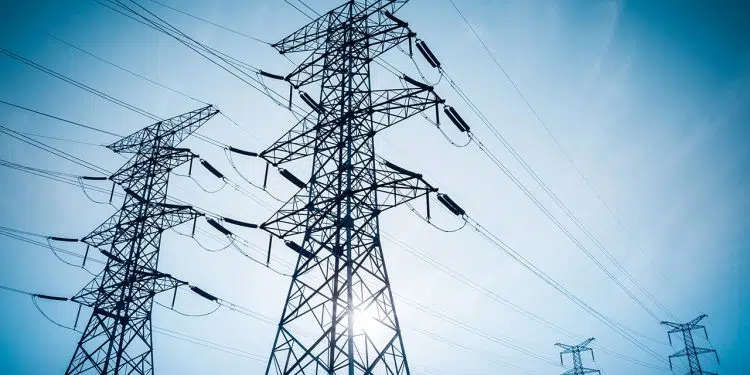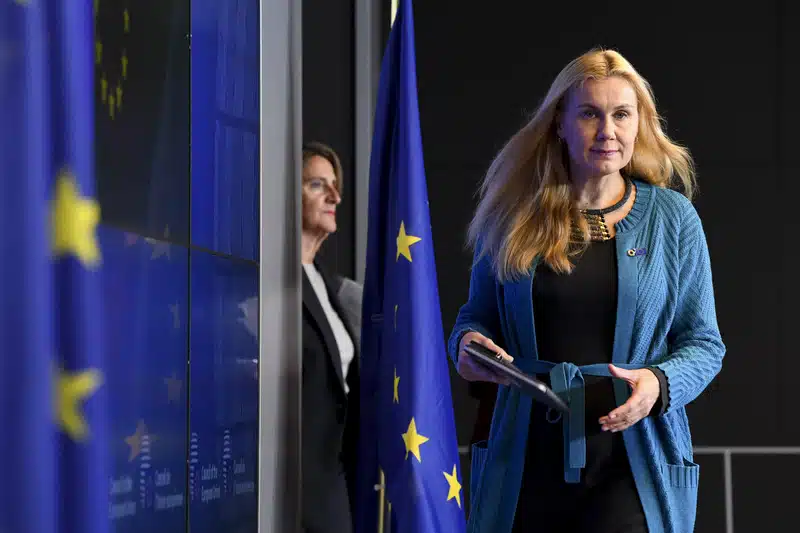Brussels – White smoke. It was just after 4 a.m. in Strasbourg when negotiators from the EU Parliament and Council announced they had found an agreement on EU electricity market reform, proposed by the European Commission last March 14, after an intense energy crisis that tested European governments heavily dependent on Russian gas.
Contracts for difference to support renewables and nuclear
.
The central element of the reform is the introduction of financing instruments for renewable and zero-carbon energies, including nuclear, making electricity prices less dependent on the volatility of fossil fuel prices. The understanding confirms direct government support for the production of renewable electricity (wind, solar, storage-free hydropower, geothermal) and from nuclear power through a two-way contract for difference, in which generators are paid a fixed “strike price” for their electricity, regardless of the price in short-term energy markets.
With contracts for difference, only investments in new power plants will be promoted, but member states can support existing systems with contracts for difference if they are subject to repowering, life extension, or capacity expansion (and this also applies to nuclear power plants).
Capacity mechanisms and exemptions on coal
As for capacity mechanisms, which are the generation incentive tools available to member states to counter potential electricity shortages, the agreement stipulates that member states may financially support capacity provision facilities.
The idea of the agreement is to transform them from an emergency solution to a structural component of the EU’s energy supply. Under pressure from the Council and Poland in particular, the exception was retained whereby until the end of 2028 it is possible to finance coal- or gas-fired power plants already in operation that emit more than the emission standard (more than 550 g CO2 per KWh).
As also foreseen in the Commission’s proposal, consumers will have the free choice to enter into fixed-price contracts (with a minimum term of one year) or flexible-price contracts. Unilateral price increases in fixed-price fixed-term contracts will be prohibited, and a banning of power outages for people affected by energy poverty is also introduced.
Price crisis and shared energy
.
The co-legislators gave the Council the power to declare a price crisis, based on a Commission proposal. An energy crisis, according to the agreement, is defined by the average wholesale electricity price or a sharp increase in retail electricity prices. If an energy crisis is declared, prices can be set up to 70 percent of electricity consumption for small and medium enterprises and up to 80 percent for households.
As Eunews learns, the agreement also preserved the idea of bottom-up transition: that is, consumers can enter into additional energy sharing agreements and thus share electricity with others. Electricity and storage capacity can be offered and sold through energy sharing platforms.
The political agreement will have to be formally approved by both institutions, separately, before it comes into force. “This agreement is very good news, as it will help us further reduce the EU’s dependence on Russian gas and promote fossil-free energy to reduce greenhouse gas emissions,” comments Spanish Minister for Transition, Teresa Ribera, who led the negotiations on behalf of the Council. “Thanks to this agreement we will be able to stabilize markets in the long term, accelerate the deployment of renewable and fossil-free energy sources, offer more affordable electricity to EU citizens, and improve industrial competitiveness.”
English version by the Translation Service of Withub







